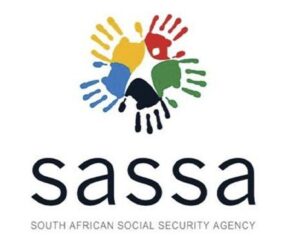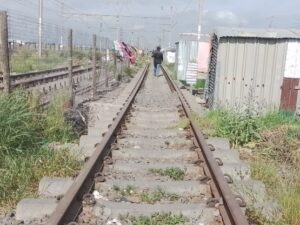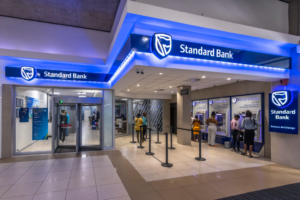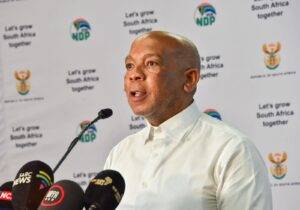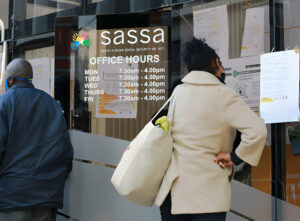Residents from 68 villages in Middledrift, Eastern Cape, have taken to the streets to demand access to clean water, stating they have been without piped water for several months. Under the banner of the Inyanda National Land Movement, approximately 100 protesters gathered at the provincial Department of Cooperative Governance and Traditional Affairs (COGTA) in Bhisho on Friday, seeking intervention from MEC Zolile Williams.
The Water Woes
The water crisis has been plaguing this region for months, with villagers struggling to access a basic necessity – clean water for drinking and daily use. The root cause of this crisis appears to be a recurring issue of unspent funds by the Amathole District Municipality (ADM), leading to the Inyanda National Land Movement’s frustration and concern.
Resident Noxolo Pandu voiced the collective frustration, questioning why the ADM consistently failed to allocate and spend the necessary resources to ensure access to clean water, while the community suffered.
In response, Nonceba Madikizela-Vuso, the municipality spokesperson, confirmed that unspent Municipal Infrastructure Grant (MIG) and Water Services Infrastructure Grant funds had indeed been returned in the 2021/22 financial year, with a roll-over request submitted. This return of funds has understandably raised eyebrows among the affected residents.
Middledrift’s Water Sources
Middledrift’s ward 1 villages receive their water supply from the Debe Neck scheme, operated by Amathole Water. According to Madikizela-Vuso, there were no significant issues with the scheme, except for a blockage at one reservoir on the far east, which supplies Xhukwana and Nonaliti villages. This blockage appears to be the root of the current water woes in the area.
Past Protests and Temporary Solutions
It’s worth noting that this is not the first time residents have taken to the streets to protest the lack of water access. In 2021, ADM workers addressed the issue by fixing an old borehole, providing temporary relief. Water flowed through taps for three months, but this was far from a permanent solution. The municipality began sending water trucks to the area, but these trucks can only make sporadic deliveries, leaving the community underserved.
In the words of Noxolo Pandu, who resides in Qamdobowa, “The problem with water trucks is they only come once every two months, and the water does not accommodate the whole community. Each house gets only one 20-litre bucket, forcing us to rely on streams for water, which is far from ideal.”
Monwabisi Nzuzo, living near Middledrift, also attested to water outages, with residents experiencing intermittent disruptions that last for hours or even an entire week.
Bureaucratic Challenges
Inyanda National Land Movement chairperson Monwabi Jende pointed out the challenges the community faces when seeking solutions. Despite having a local municipality, Raymond Mhlaba, residents are often directed to the ADM offices in Fort Beaufort Town when they complain about water issues. This bureaucratic runaround presents a financial burden for the affected individuals who are already struggling with a lack of access to clean water.
Demands for Urgent Action
In a memorandum presented during the protest, the residents called for immediate action by municipalities to address what they referred to as the “escalating water crisis in the Eastern Cape” and the violation of their basic right to water. The memorandum was handed over to Nicholas Monti, the “COGTA petition receiver,” who promised to forward it to MEC Zolile Williams.
Rollover Grant Request
The ADM attributed the unspent grants to institutional instability, including employee protests and the suspension of senior staff members in the engineering department. They claimed to have stabilized the situation but had only spent 39% of their R395-million Municipal Infrastructure Grant by June, exacerbating the water access issues in rural communities.
The situation underscores the critical need for effective governance, allocation of resources, and prompt resolution of pressing issues to ensure that every citizen has access to a fundamental human right – clean and safe drinking water. The future actions and responses from local authorities and MEC Zolile Williams will determine if the residents’ demands for clean water are met or continue to be an unfulfilled promise.


